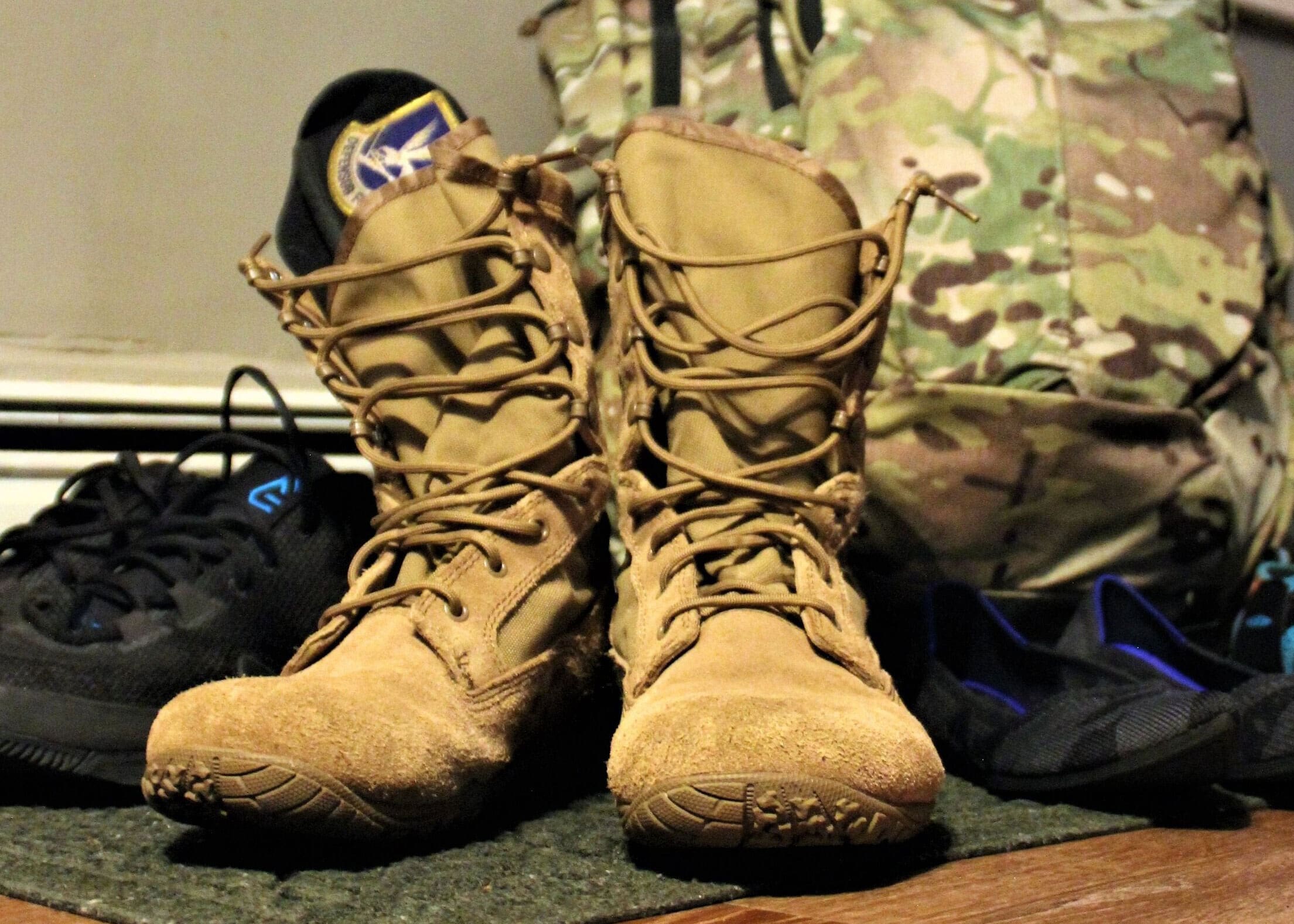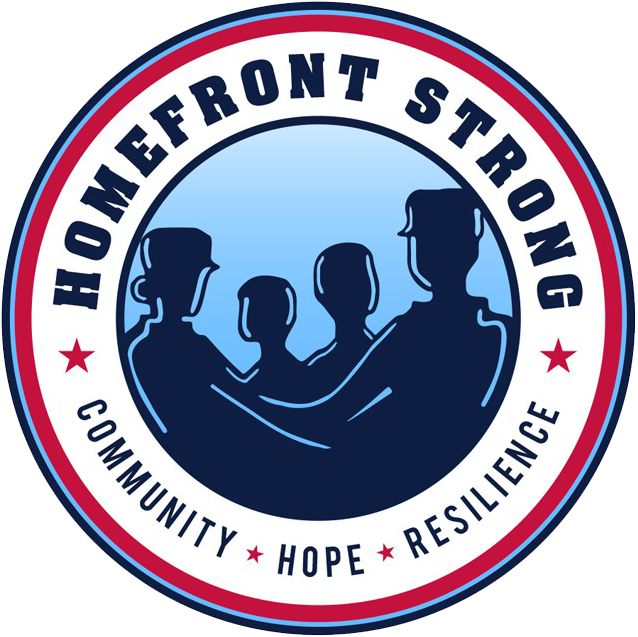

Hello, I’m Jennifer Baublitz, a military spouse of 17 years and Program Director here at the Brookfield Institute. You are watching the first of many videos in our Resilience in Uncertain Times series and my goal today is to give you a general idea of what we mean by resilience and how that relates to the day to day challenges of living with the Covid-19 epidemic.
So, to begin — what do we mean when we talk about resilience? Essentially, resilience is all about accessing the resources and personal qualities necessary for wading through life’s garbage and coming out stronger on the other side. This doesn’t just mean survival – although that is part of it. It is really about our ability to embrace the suck and at a minimum, return to baseline when it’s over. This of course, means that the “suck” is inevitable, and we’re bound to get beat down once in a while, whether it’s on a large scale like suffering a major loss or navigating a pandemic with an underlying condition, or on a small scale like realizing that yes, all those meetings really could have been emails all along or trying to buy toilet paper for less than $10/roll online or at a store located within an hour radius of your home.
No matter what the size of the obstacle is, a huge part navigating our day to day while maintaining resilience is rooted in maintaining a balanced perspective. The way we view the world and the inevitable shit storms we must put up with can mean the difference between:
-
Isolation and connection
-
Action vs. inaction
-
Coping well vs. self-destruction
When we view our obstacles through a tainted lens, it’s easy to get caught up in a self-defeating or even self-righteous attitude that can either breed discord, anger and resentment, anxiety and panic or depression and resignation. Therefore, it’s essential to try and maintain a balanced thought process that allows us to assess our situation in terms of:
-
What we can and can’t control
-
Our contributions to our own misery
-
The contributions of others to our misery
We can then assess the situation in terms of reasonable action steps and probable outcomes by looking at the worst case, best case and most likely scenarios. This helps us stay calm and cool in the face of uncertainty and allows us to keep stock of what’s important in life while nurturing what makes us whole – i.e. our relationships, physical fitness, personal growth etc. So, what steps can we take to support a balanced perspective?
1. Be aware of what you’re absorbing. We are quick to call out our kids and teens for rotting their brains on social media and video games, but often fail to realize that we are just as guilty. This may look different for us, i.e. streaming our favorite news source all day while engaging in armchair wars on Facebook, but the result isn’t much different. Do yourself a favor and turn off the TV, put down the phone and talk to people. Or, don’t talk to people. Read a book for pleasure, go for a walk – it doesn’t matter what you do, just stop feeding the bias machine. And when you do engage the news, try a different source for a change. This may be painful at first, but remember, we tend towards confirmation bias. That is, we naturally look for information that agrees with what we already think – so if it feels unnatural to you, odds are it’s a good thing and listening will help expand your perspective. This will also help you pace the rage and tamp down the panic. The last thing you need right now is a decade’s worth of toilet paper, liquidated assets and no sense of whether it’s day or night because you haven’t left the bunker in at least a week. On the flip side, you also don’t need to be traipsing around licking door knobs and putting yourself and others in harms way. Be reasonable and listen to trusted guidelines while giving yourself space to process, rest and renew.
2. Stay connected to loved ones – this is hard in times of social distancing, but it can be done. Call your loved ones – check in on how they’re doing and don’t hold back on letting the m know how you’re operating. Support is necessary and checking in with people we know, love and respect goes a long way in helping us keep a level head.
3. Practice some form of mindfulness meditation. There is a whole other video in this series on meditating, so I won’t get too deep into it here, but the essential goal is to focus on the here and now, tune into your body and calm the mind (not clear it)! Try getting started by creating opportunities for silence, focusing on your breath or repeating a mantra to ground yourself. Physical activity such as yoga and running can be helpful in getting out of your brain and into your body as well. Practicing mindfulness meditation helps us pause before giving into our impulses, flying off the handle when pissed and/or diving into the deep end of despair.
Ultimately, a balanced perspective is going to allow you to stay flexible – you know, like when you and your family were called to PCS or when you were plucked from a family gathering to prepare for deployment. We all have to adjust when life gets hard and our thinking patterns can make or break our ability to do this, so remember:
-
Embrace the suck
-
The suck is inevitable
-
One way or another, we will get through this
So until next time, keep calm and stay healthy
